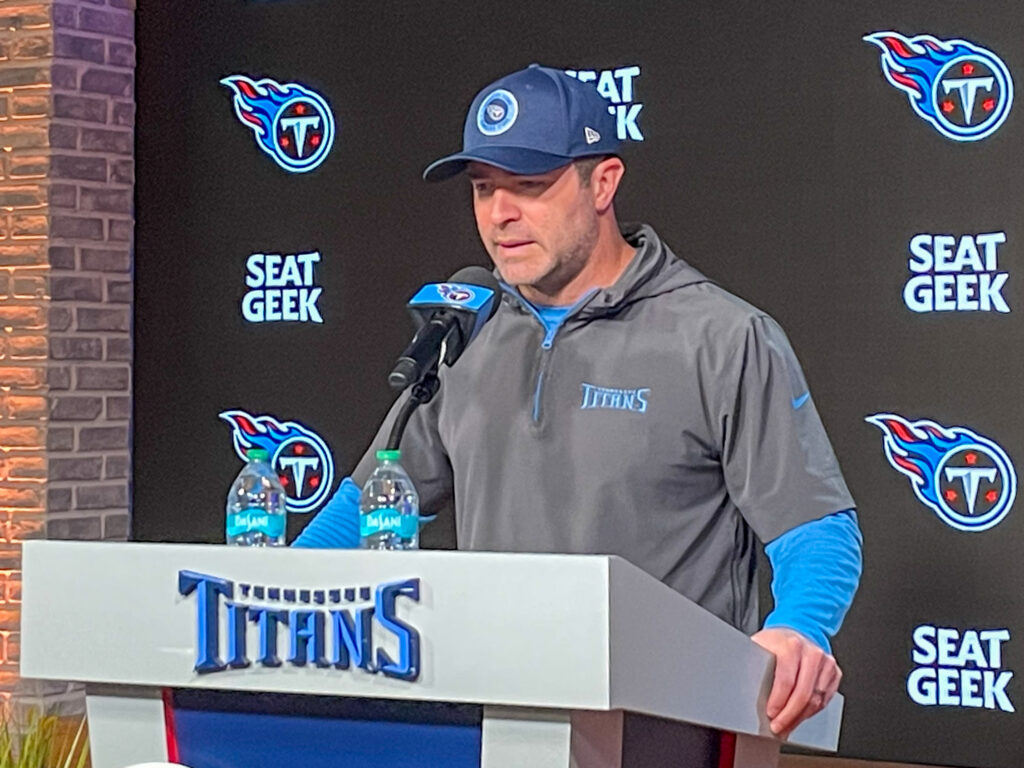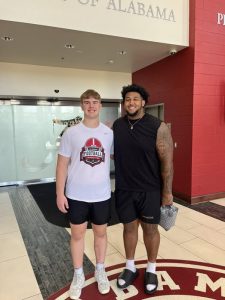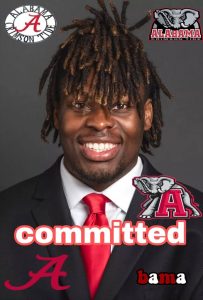
The Tennessee Titans are embracing a new era, not just in name or personnel, but in philosophy. After several seasons marked by individual excellence and pockets of team success, the organization is shifting toward a more unified approach, where collective growth trumps individual accolades. As Organized Team Activities (OTAs) loom on the offseason calendar, the Titans have been deliberate in prioritizing chemistry, collaboration, and cohesion. That’s not just coachspeak anymore—inside the locker room and on the practice field, it’s a palpable change.
This shift began with the Titans’ front office decisions earlier this year. After finishing the 2024 season with a disappointing record and missing the playoffs for the second straight year, ownership made it clear that incremental change wasn’t going to cut it. The goal was to install a culture that could endure the grind of an NFL season and cultivate long-term success. General Manager Ran Carthon, now more comfortable in his role and with stronger personnel authority, doubled down on creating a locker room that was aligned on values and purpose. It wasn’t just about talent acquisition—it was about chemistry construction.
One of the most notable developments this offseason has been the emphasis on full-team attendance during voluntary workouts. While these early spring practices are technically optional, Titans players have shown up in force, not just to train, but to build. That includes veterans who might otherwise opt to train privately, as well as younger players seeking to make an impression. According to team officials, attendance at voluntary conditioning has been over 90%, a stark contrast to years past and one of the highest rates in the NFL this offseason.
Much of that buy-in can be attributed to new head coach Brian Callahan, whose reputation as a player’s coach and offensive mind has already begun to resonate. Callahan has made it clear that buy-in is non-negotiable. From his first meeting with the team, he preached the importance of shared accountability and transparency. Rather than walking in with a list of rules, he asked players to collectively define the culture they wanted to build. That inclusive tone has set the stage for a more collaborative environment than Tennessee has seen in years.
Quarterback Will Levis, entering his second year with the team, has been front and center in this new initiative. After flashing potential in his rookie campaign, Levis has embraced his leadership role with maturity and enthusiasm. Instead of spending the offseason working out with personal coaches in California or Florida, Levis remained in Nashville, organizing player-led workouts and throwing sessions with his receivers. Those private sessions have not only helped sharpen timing and communication but have also established a rapport that’s extending beyond the field.
Veteran wide receiver DeAndre Hopkins, whose experience and production remain invaluable, has praised Levis’ approach, noting that “Will isn’t just trying to be the guy on the field—he’s trying to be the guy in this building. That matters.” Hopkins himself has been present throughout the offseason program, offering guidance to younger receivers while continuing to refine his own game. The sense of responsibility from players like Hopkins is a major reason why Tennessee’s culture shift is sticking.
Of course, culture alone doesn’t win games—execution does. That’s why Callahan and his staff have been just as meticulous in designing practices that mirror the collaborative environment they’re trying to foster. Gone are the siloed positional drills where players rarely interact with teammates outside their unit. Instead, practice periods are structured to encourage intergroup communication, from team walk-throughs that integrate offense and defense to film sessions where players are encouraged to provide feedback, regardless of their standing on the depth chart.
This team-first mentality extends to the Titans’ free-agent signings and draft strategy. Rather than pursuing only splashy, high-profile moves, the Titans focused on bringing in players with proven leadership skills and high character marks. Linebacker Kenneth Murray Jr., signed from the Chargers, fits that mold. While his on-field production has been steady, it’s his reputation as a locker room stabilizer that intrigued Tennessee. Murray has quickly become a mentor to younger defenders and is often one of the last players off the field.
Tennessee’s draft class also reflected the shift in philosophy. First-round pick JC Latham, the massive offensive tackle out of Alabama, was not just selected for his physical tools but for his mindset. Titans scouts praised Latham’s work ethic and willingness to learn, and he’s already making a strong impression on teammates. Levis and Latham have developed a rapport that began during pre-draft visits and has only grown during team workouts. Latham’s early commitment to film study and voluntary conditioning has not gone unnoticed.
Behind the scenes, the Titans have also made subtle but impactful changes to facilitate their team-based offseason. The training and nutrition staffs have collaborated on customized plans that group players by position and role, encouraging shared goals and mutual accountability. The weight room has been reorganized to allow more group-based lifting sessions, while mental health professionals have been integrated more seamlessly into the weekly routine. These aren’t just perks—they’re deliberate strategies to cultivate trust and resilience.
The defensive side of the ball, led by coordinator Dennard Wilson, has embraced this same ethos. Wilson, a highly respected figure known for his relational coaching style, has challenged players to take ownership of the unit’s identity. Rather than install schemes in a top-down fashion, he’s created space for veterans like Kevin Byard and Jeffery Simmons to lead those conversations. The result is a defense that’s not only more aligned schematically but more cohesive as a unit.
While it’s still early, the players have responded with a level of engagement that’s rare for this time of year. Simmons, often reserved, has taken on more of a vocal leadership role, organizing group dinners and film nights. Byard, the longest-tenured Titan, has doubled down on his role as team captain, mentoring rookies and personally welcoming each new addition to the locker room. “It’s not just about showing up,” Byard said. “It’s about showing up for each other.”
Even special teams have gotten in on the action. Coordinator Craig Aukerman has added cross-training sessions, where players rotate through different special teams roles to better understand their teammates’ responsibilities. While these changes may seem minor, they underscore the Titans’ overarching message: we win together, or we don’t win at all.
As OTAs approach, this foundational work will be tested. The practices will be more structured, the competition more intense, and the scrutiny sharper. But that’s exactly what the Titans want. They’ve spent the early offseason laying the groundwork—not for short-term fixes, but for a sustainable identity built on trust, teamwork, and toughness. If this momentum carries over into the summer and fall, Tennessee may surprise some people.
It’s still too early to make sweeping predictions, and the NFL is too volatile a league to assume anything based on April and May. But there’s a quiet confidence around the Titans right now—an awareness that while the headlines may go to flashier franchises, something real is building in Nashville. The Titans aren’t chasing individual glory. They’re chasing something more elusive: cohesion. And in today’s NFL, that might just be the competitive edge that separates the good from the great.
This team-based offseason isn’t just a campaign slogan—it’s a philosophy. One that’s visible in the way players huddle, communicate, and hold each other accountable. One that’s rooted in a locker room that has traded hierarchy for unity. One that could define the Titans’ 2025 season and beyond.
In the end, Tennessee’s success won’t be measured solely by wins and losses, but by whether this collective mindset can carry through the dog days of training camp and into the crucible of an NFL season. For now, though, the Titans are all in—together. And in a league where the margins are razor-thin, that commitment to the collective might be exactly what sets them apart.





